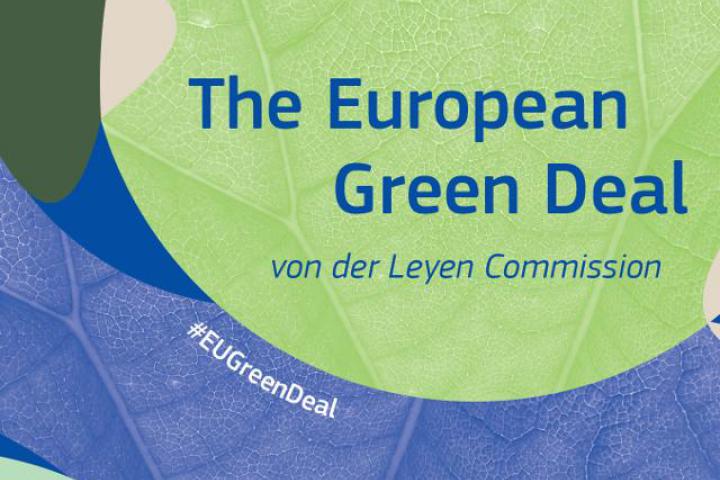The European Union plans to eliminate its contributions to climate change by 2050. But its plan is light on how to do so
On Wednesday, the European Commission unveiled a plan to zero out its contributions to climate change and transform Europe’s economy.
It appears to be the most ambitious vision of any government to date to address the climate crisis. But its principles, methods, and even its name are quite familiar.
Dubbed the European Green Deal, the proposal aims to make the 28 countries in the European Union “climate neutral” by 2050. Climate neutrality means emissions will yield no net impact on the climate, and includes warming effects that don’t come from carbon.
Combined, these countries make up the world’s largest economic bloc, and rank third behind China and the United States in contributions to climate change. The proposal aims to meet its objectives while ensuring a just transition for workers who might be hurt in the process.
Previously, under the Paris climate agreement, the European Union committed to curbing its emissions 40 percent below 1990 levels by 2030 and set no definite goal for 2050. The European Green Deal raises the 2030 target to 50 percent reductions and sets the 2050 target at 100 percent. It’s a drastic increase in climate change ambition from the bloc.
“This is Europe’s man on the moon moment,” said European Commission President Ursula von der Leyen during a press conference on Wednesday. The announcement comes as negotiators from around the world are gathered in Madrid, Spain, for a United Nations meeting called COP25 to resolve the stubborn outstanding issues of the Paris climate agreement.
EU officials said fighting climate change doesn’t have to disrupt economic growth, and that Europe has the track record to prove it. Between 1990 and 2018, the EU’s emissions fell by 23 percent, but its gross domestic product grew by 61 percent.
“The European Green Deal is our new growth strategy,” von der Leyen said. “It is a strategy for growth that gives more back than it takes away.”
Picture: European Commission | earto.eu

